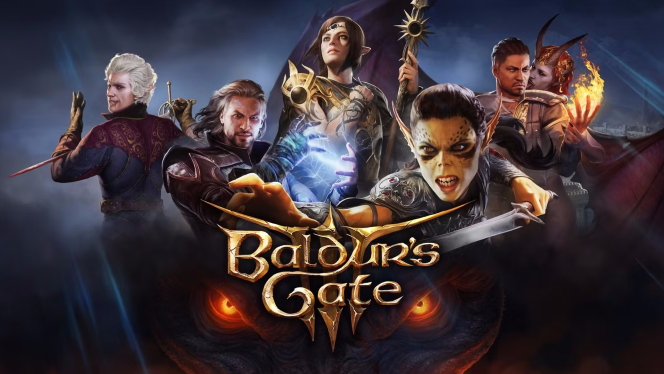The voices of Larian Studios’ award-winning game say that the proliferation of artificial intelligence tools not only puts their jobs at risk, but their identities as well.
Eurogamer caught up with the game’s voice actors at the BAFTA gala (where Baldur’s Gate 3 picked up more awards, including another Game of the Year award), and they all criticized AI-powered voice generation tools, especially those that can be used for voice cloning. Amelia Tyler, the narrator of Baldur’s Gate 3, has heard several imitations, including one where her voice was illegally used to read a rape sex story, and since the game’s release, this has become a common occurrence, and she thinks it’s terrible. Tyler believes that not only is her work being stolen by AI, but also her identity. Although she likes modded scenes, she thinks it should be illegal for someone to take her voice and use it to train the AI without her permission.
Andrew Wincott, who also won a BAFTA award for the voice of Raphael, said that while he appreciates that he can create 40 hours of material with ten hours of work, he thinks he should be paid for all 40 hours. Wincott and Samantha Béart (Karlach in Baldur’s Gate 3) also believe that cloning could be a violation of the contract, even though the SAG-AFTRA agreement was recently reached in the US after a long strike. David Harewood (Alan Wake 2), Ben Starr, and Ralph Ineson (Final Fantasy XVI) are also wary of the technology.
Neil Newbon (the voice of Astarion in Baldur’s Gate 3) is more optimistic about the gap between AI and real voices, saying that good knowledge cannot be programmed because it goes beyond zeros and ones and formulas, because it’s something magical. And it’s hard to argue with that: human knowledge may indeed be impossible to imitate artistically.
But critical voices should not be ignored.
















Leave a Reply